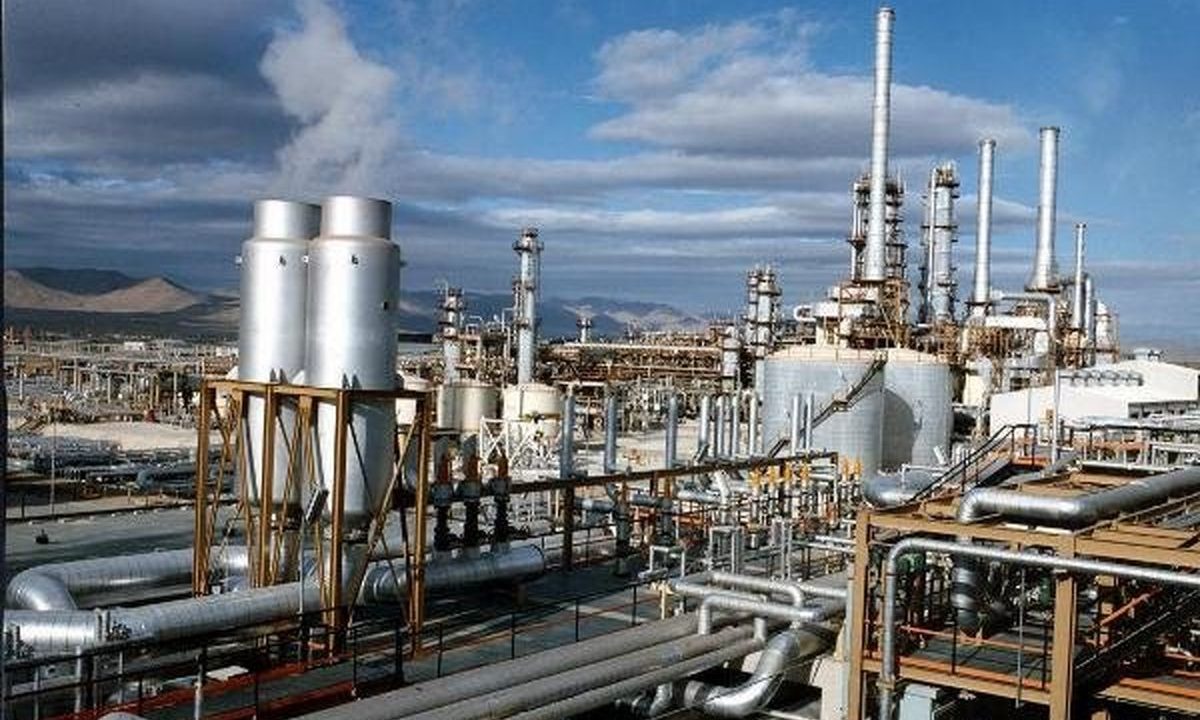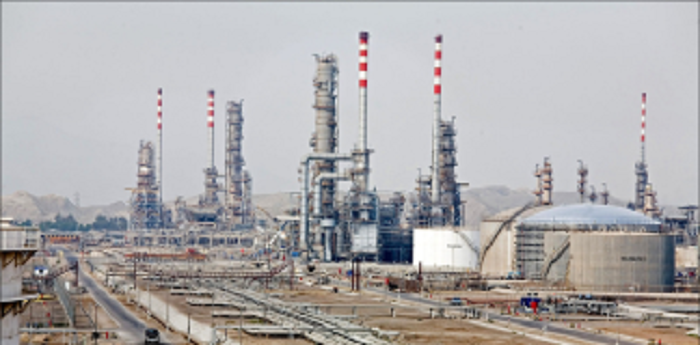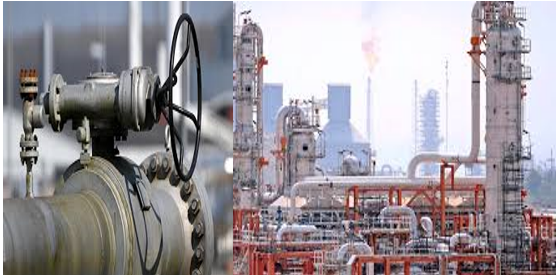
This news follows the earlier signing of an agreement for Iran to acquire Russian gas, which occurred during a visit by a Gazprom delegation to Iran in July of the previous year.
While Tehran boldly announced agreements labeled as “the largest oil and gas deals in Iran’s history, valued at $40 billion”, Russia has yet to solidify any of these memorandums into actual contracts. At present, Russia is merely in discussions to offload surplus gas to Iran.
The irony is stark: Iran, the holder of the world’s second-largest natural gas reserves, is in the dilemma of importing gas. Years of sanctions, antiquated extraction methods, rising domestic energy demand, and notably, corruption and mismanagement have stunted Iran’s ability to effectively tap into and distribute its gas resources.
A look back reveals a history of unfulfilled promises. Roughly ten years ago, several oil and gas memorandums were inked with Russian companies, yet none saw the light of day.
Can Iran Replace Russia in the Global Gas Market?https://t.co/OcuDoRvjL8
— NCRI-FAC (@iran_policy) May 11, 2022
Before the tumultuous military invasion of Ukraine last February, Russia had been supplying over 17 billion cubic meters of LNG and an additional 133 billion cubic meters of natural gas via pipelines to the European Union annually. This contribution was a whopping 68% of Russia’s total gas exports in 2021.
Given the limited capacity of the “Power of Siberia” pipeline to China and Turkey’s hesitance to ramp up gas imports from Russia, Moscow’s gaze has shifted towards Iran. Through interconnected pipelines, Russia could potentially funnel 12 billion cubic meters of gas annually to Iran.

The Iranian regime, plagued with an annual winter gas deficit and consequent social unrest, harbors hopes that Gazprom, despite its staggering $61 billion debt, might be its savior.
However, with Russia’s oil and gas export revenue tumbling by 47% in the first half of this year, standing at just above $37 billion, Tehran’s hopes might be far-fetched. Particularly given that some projects outlined in last year’s Gazprom-Iran agreements involve technologies Russia lacks.
Even as Minister Owji paints a rosy picture of a potential “gas hub” collaboration, past unfulfilled agreements, like the one with Pakistan inked during Mahmoud Ahmadinejad’s term, cast a long shadow of doubt.


MEK Iran (follow us on Twitter and Facebook), Maryam Rajavi’s on her site, Twitter & Facebook, NCRI (Twitter & Facebook), and People’s Mojahedin Organization of Iran – MEK IRAN – YouTu







